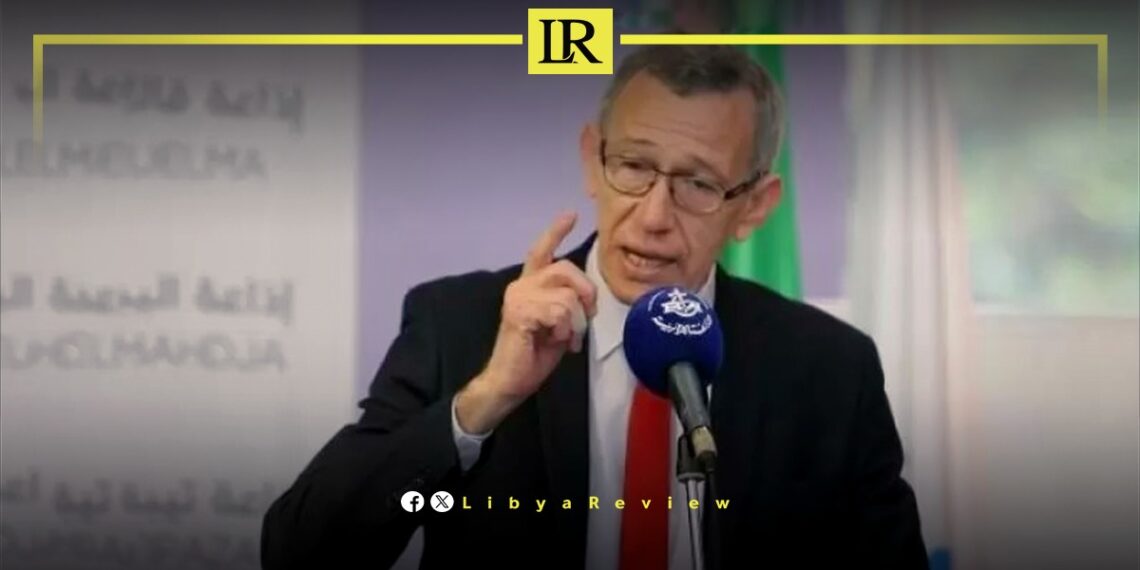Algeria has called for a comprehensive national project to achieve reconciliation in Libya, emphasizing the involvement of all Libyans to realize their aspirations for a democratic state. Reaffirming its rejection of any interference in Libyan affairs, Algeria highlighted the need for a Libyan-led solution.
During an interactive dialogue session on the High Commissioner for Human Rights report in Geneva, the Algerian delegation stated, “Algeria rejects any foreign interference in the Libyan scene, whether political or military.” This statement underscores Algeria’s commitment to supporting efforts by the United Nations and the African Union to stabilize Libya.
The delegation urged the Office of the High Commissioner for Human Rights to continue providing technical assistance and building capacities to protect and promote human rights in Libya, based on Libya’s request and specific needs.
In his speech to the council on Tuesday, UN High Commissioner for Human Rights Volker Türk highlighted the significant increase in “arbitrary arrests, detention, enforced disappearances, and detention-related abuses” in Libya. He expressed concern about the ongoing targeting of political opponents.
Türk noted, “While the actual number is likely higher and detentions continue, we have verified at least 60 cases of arbitrary detention of individuals exercising their right to peacefully express their political views. In some instances, detention was followed by extrajudicial killings.” He emphasized that the ongoing lack of accountability for “abuses and violations” committed in 2011 remains a significant obstacle to reconciliation and a driver of conflict today.
He stated that the country continues to “suffer from deep insecurity,” while ordinary Libyans endure “economic hardships coupled with political exclusion.”
The UN official affirmed that addressing the situation is possible, calling for a reconciliation and transitional justice process “based on rights and centered on people,” a sustainable political settlement, and the restoration of the rule of law, including accountability for human rights violations, along with unified legitimate institutions.
Libya has been in turmoil since the 2011 NATO-backed uprising that led to the overthrow and death of longtime leader Muammar Gaddafi. The country subsequently descended into chaos, with rival factions vying for control and the emergence of various armed groups. Despite international efforts to broker peace and establish a unified government, Libya remains divided, with a lack of central authority contributing to ongoing instability and violence.


